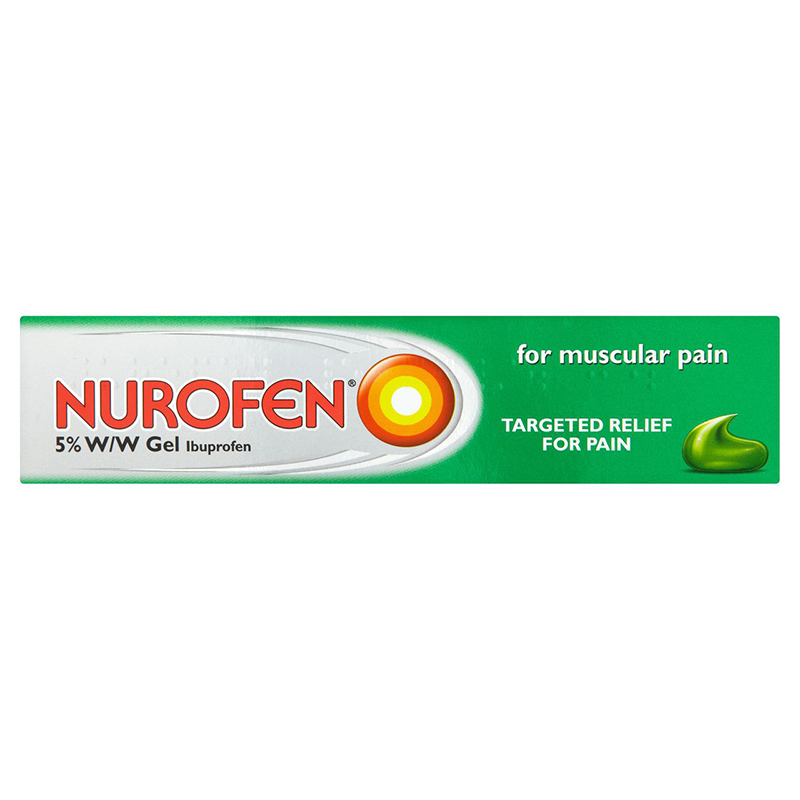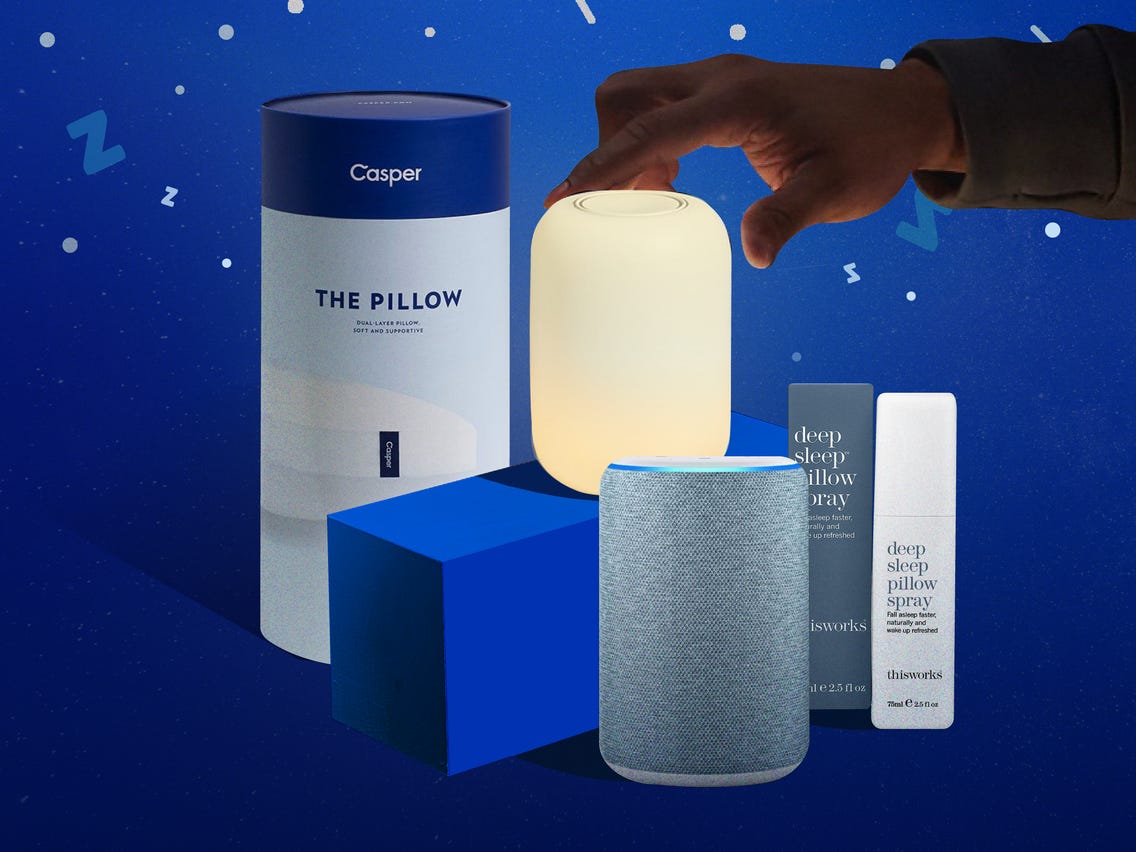
CBD is known for its many benefits and popularity in many fields. CBD can be infused into many products and offers users relief from symptoms as well as enhanced mood and wellbeing. Many people experience a greater outlook and better quality of life, although effects can vary between individuals. CBD can be added to wellness products to increase its benefits. Some studies even suggest that it may have a synergistic effect.
Cannabidiol
Cannabidiol (or cannabis) is a substance found within the cannabis plant. It may help with a variety of conditions, including pain, inflammation, and epilepsy. Although it is safe to ingest, the effects can take a while to fully take effect. Topical cannabidiol applications may be helpful for skin problems or muscle inflammation. There are many different types of cannabidiol.

Endocannabinoid system
The endocannabinoid or ECS network is made up of receptors located on the immune cells and neurons. They play an important role in maintaining our inner environment. Human survival depends on homeostasis. This balance is essential for human survival. Any disruption can have serious consequences on our health. Our state of health directly depends on the ability of our body to maintain homeostasis.
Relief of symptoms
CBD has been extensively studied to help with pain relief and symptoms. There have been published studies that show CBD can be used to treat PMS. Others claim CBD lowers anxiety levels and decreases the number of migraine attacks. Other studies have shown that CBD helps to reduce the severity and duration of chronic and inflammatory pain. These studies have not been conclusive. More research is needed to discover the effects CBD has on pain.
Mood enhancement
CBD might be an effective treatment option if you have depression. Low levels in serotonin in your brain can lead to mood disorders. While CBD doesn't increase serotonin levels in the brain, it can affect the brain's receptors. One animal study found that CBD had antidepressant and anti-anxiety effects. Another 2018 review of studies found that CBD has antistress effects. This may help to decrease depression symptoms.

Skin benefits
Many people are curious about the benefits of CBD for their skin. The possibility exists that this plant extract might have anti-inflammatory, antibacterial properties. However more studies are needed in order to confirm these claims. While CBD's effects on skin problems such as inflammation and breakouts are not yet known, they may include reduced inflammation, less breakouts, improved skin health, and better overall skin health. Below are some of the most important benefits that CBD can bring to skin care.
FAQ
How much CBD should I use?
The type of product you are buying will determine how much dosing is required.
Most CBD oils come in strengths ranging from 100mg to 1,000mg per bottle.
Some companies make CBD products with specific dosages, such as 25mg, 50mg, 75mg, and 100mg.
Charlotte's Web produces CBD products with high levels of CBD and other substances.
You can start slowly if you aren't sure if CBD will work for your needs.
You can always move up later.
Is CBD growing?
The answer is yes! As legalization spreads throughout North America, this growth is expected continue. Canada, which legalized recreational cannabis, has passed several medical marijuana laws.
As more states legalize medicinal marijuana, this trend will likely continue for at minimum a decade.
From an economic standpoint, legalizing marijuana is also sensible. Legalizing pot offers many benefits beyond providing a lucrative market alternative for farmers.
It could, for example, help lower crime rates by decreasing the availability of illegal drug. It could also be a source for tax revenue.
People will likely choose to consume less alcohol as they become more comfortable with legal marijuana. This would reduce hangovers and increase health care costs.
In addition, marijuana might actually improve the quality of life for those who suffer from chronic pain. Many believe THC, the active component in marijuana, is responsible for relieving symptoms like muscle spasms or nausea that can be caused by chemotherapy.
It is possible that marijuana could be used to treat mental disorders such as anxiety or depression. In fact, some studies suggest that marijuana can even treat schizophrenia.
Even though the CBD sector looks bright, there are still many challenges.
Is the CBD market saturated or not?
CBD is growing at a rate of more than 25% per year. This growth is expected not to stop for at least five more years. According to industry projections, it will grow from $2 billion to $5 billion by 2020.
The CBD market is currently dominated by two companies - GW Pharmaceuticals and Canndoc Ltd. Both companies are focused on the development of pharmaceutical-grade CBD products. They haven't been very successful so far. Both are struggling to get traction on market.
Cannabidiol is an extract of cannabis with less than 0.3% CBD. It does not produce any psychoactive effects. It can be used to treat epilepsy, and other medical conditions. It can also be used as a dietary supplement.
There are many kinds of CBD products. Some CBD products contain whole plant extracts. Others use CBD-rich cannabinoids.
These products share one common feature: they all contain low levels of THC.
They are thus legal under US federal legislation. You still need to comply with local laws when you sell CBD products. You should always verify your state's regulations for the sale of CBD products.
Additionally, CBD products in some states are illegal. These are California, Colorado. Florida. Mississippi. Missouri. New York. North Carolina. Ohio. Oklahoma. Oregon. Rhode Island. South Dakota. Texas. Utah. Virginia. Washington.
CBD products should not be made if you reside in these states.
What are some of the common mistakes that companies make when entering America's cannabinoid market
The first mistake is not understanding what the regulations are for cannabis products. This could mean that you may have to change your product formulation.
A second error is not properly labeling your product. It is essential to find out if your product contains either THC or CBD.
The third is how to package your product correctly. You must make sure that your product contains THC.
If your product does NOT contain THC you should still adhere to all packaging laws. There is a lot of states where cannabidiol, or CBD (CBD), is legal.
You should also keep track of recalls that may have occurred with your products. If your product is defective, you should notify customers immediately.
How can CBD products be successfully promoted by companies in a regulatory-compliant way?
The FDA doesn't regulate hemp as an agricultural commodity. The Controlled Substances Act regulates all cannabis derivatives, including marijuana. CBD has not been subject to any specific regulations.
CBD is legal in 29 states. Federal law, however, still considers it illegal. Businesses that want to sell CBD products face uncertainty.
The FDA also maintains strict guidelines on how CBD products may be marketed. The FDA requires that all CBD products clearly disclose their THC content. Without supporting scientific evidence, CBD cannot be claimed to treat certain medical conditions.
Additional information is required by the FDA regarding manufacturers' manufacturing practices, quality control measures, and other details. To demonstrate safety and efficacy, the FDA requires companies to perform clinical trials.
These factors should be considered by companies when they develop their marketing strategies.
What is the future in CBD?
The future of the CBD industry is bright. It is clear why so many people are getting on board with this industry. With CBD products making up over $1Billion worldwide, it's easy for people to see why this market has grown exponentially.
Statista predicts that global sales of cannabidiol in 2019 will reach $22.4 million. This is an almost 200% increase from 2018!
The CBD market is also forecast to grow at 22.5% compound annual growth rate, which would result in nearly $6.8B in revenue by 2022.
This is great news both for those looking to enter the market as well as existing companies. However, the CBD market is still in its infancy. This means that there will be challenges.
Statistics
- The inhibition of FAAH is predicted to lead to an increase in brain and plasma concentrations of AEA, which acts as a partial agonist at CB1R and CB2R, thereby increasing endocannabinoid tone [92, 110]. (ncbi.nlm.nih.gov)
- The use of these products is likely to become even more widespread if the World Health Organization's recommendation that CBD no longer is scheduled in the international drug control conventions is adopted by the United Nations member states [201]. (ncbi.nlm.nih.gov)
- however, one study also found that these effects were virtually abolished when the original media (a nutrient broth agar) was replaced with one containing 5% blood (increasing the minimum concentration to ~160 μM CBD) [179]. (ncbi.nlm.nih.gov)
- While the primary injury may not be treatable, interventions that attenuate secondary sequelae are likely to be of benefit [203].Only one study (ncbi.nlm.nih.gov)
- CBD seems unlikely to directly influence sleep in healthy humans [115] (and maybe “sleep-promoting” in those with certain comorbid conditions) (ncbi.nlm.nih.gov)
External Links
How To
How to Get Certified for Selling CBD Products
CBD (cannabidiol), a cannabinoid found in cannabis plants, is just one of the many. It's been used medicinally throughout history, including traditionally in China, India, and many South American countries. Its ability to treat anxiety, pain and epilepsy has led to it becoming increasingly popular in recent years. However, CBD products cannot be sold by anyone unless they are certified by the U.S. This means that any person who wants to sell CBD products must use the "unofficial" process called self-certification.
There are two methods to do this. The first is to join a local association of canna-business owners. This way, you can learn from others while getting support and advice. There are currently dozens of associations around the country. The second option is to take your business online. The majority of states allow cannabusinesses to be online. If you have the permission, you can start accepting orders and set up your website. But, you still need to register with your state's Department of Public Health. Once you have registered, it will be possible to apply for your license through the state's department public health. Once you have your license, it is legal to open your shop and accept orders.